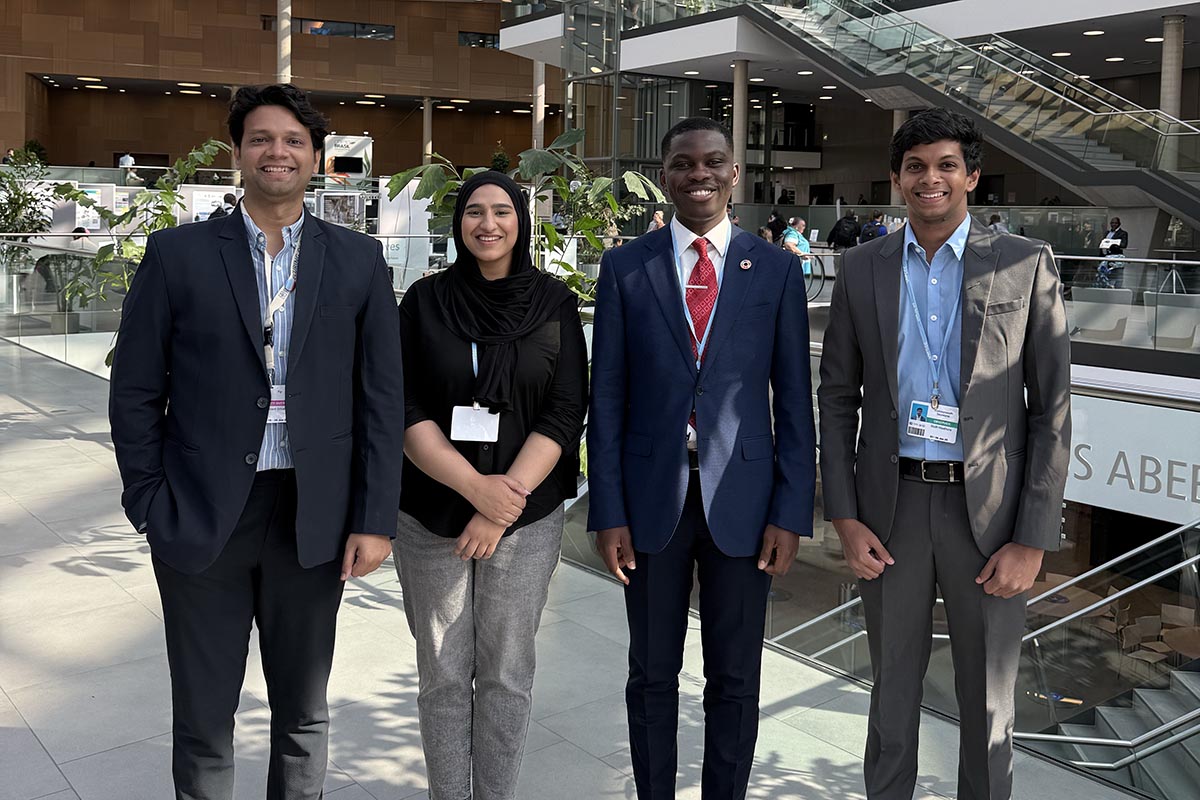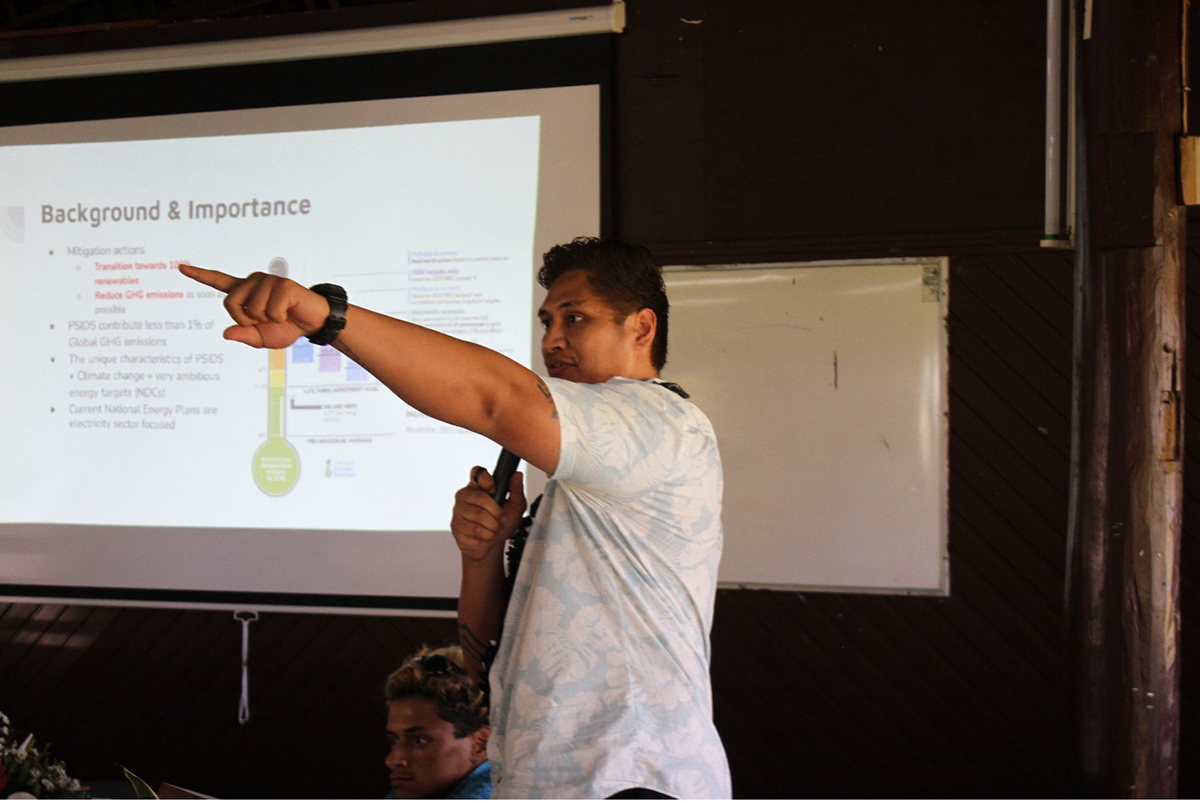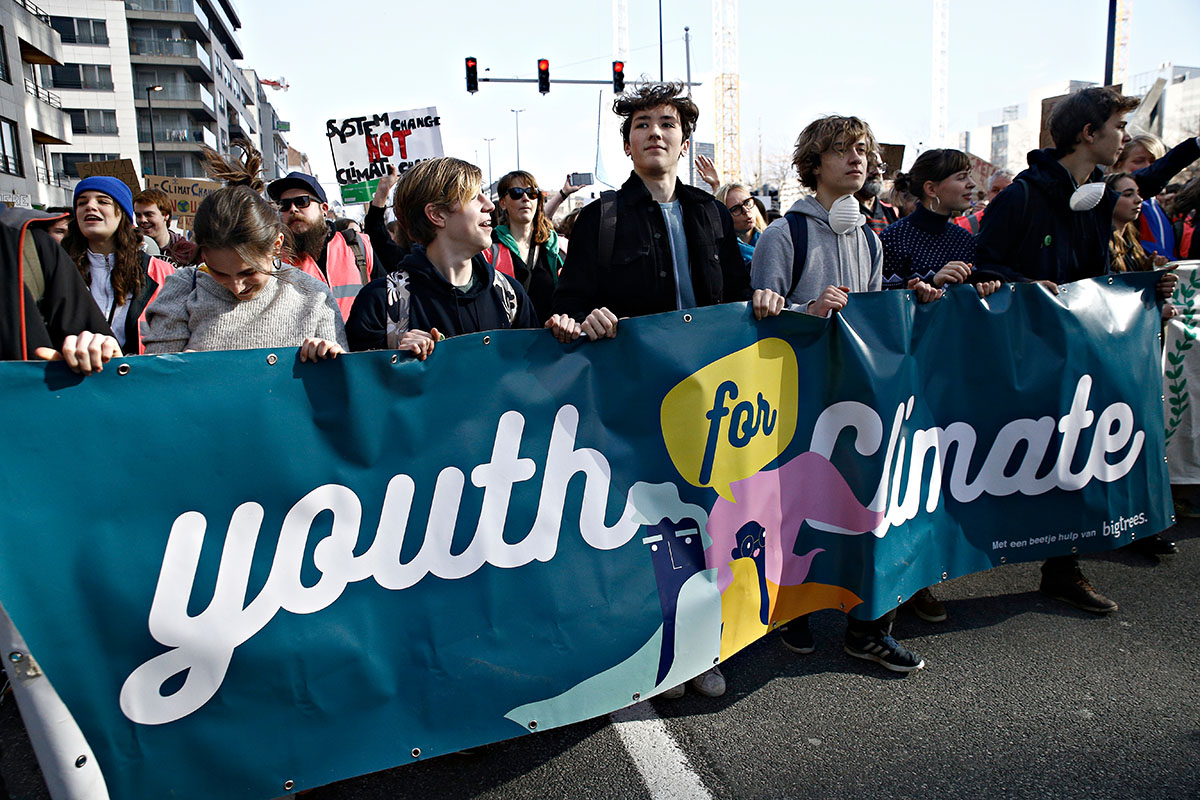COP 30: A Divided House in Search of Common Ground at UNFCCC’s SB62
July 24by Vikrant Srivastava
The UNFCCC’s SB62 session in Bonn closed under the shadow of persistent divides on finance, adaptation, and the energy transition. While technical progress was made in several areas, including the Global Goal on Adaptation (GGA) and Just Transition Work Programme (JTWP), political fractures and entrenched positions dampened hopes for major breakthroughs before COP30 in Belém, Brazil. Yet, the process reaffirmed the value of multilateralism in turbulent geopolitical times.
Adaptation and Loss & Damage: Progress with Caveats
Adaptation emerged as a core priority, with negotiators agreeing on recommendations to streamline GGA indicators from nearly 500 to under 100. Yet, deep splits over means of implementation (MOI) particularly finance delayed final agreement. The lack of a new adaptation finance goal, as the COP26 target to double adaptation finance expires this year, continues to fuel mistrust. The call for “tripling the doubling” by 2030 reflects the urgency felt by vulnerable nations, but donor commitments remain elusive.
Loss and Damage was notably absent from substantive SB62 discussions, with only procedural advances on the Warsaw Mechanism review and Santiago Network. The finance gap for loss and damage remains unaddressed, raising the stakes for COP30.
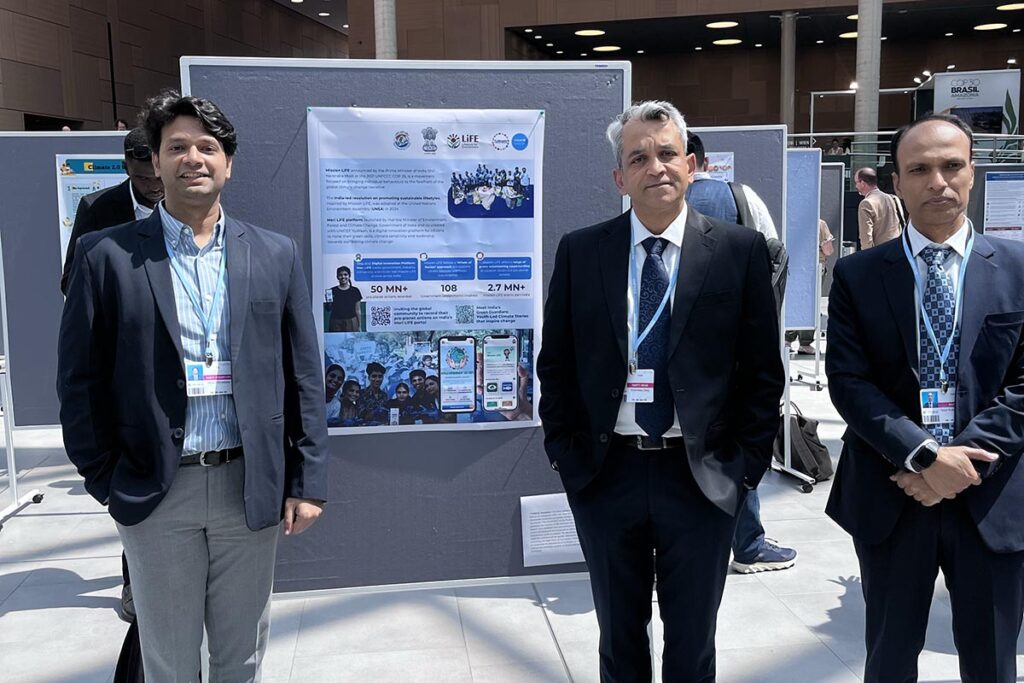
Finance: A Stumbling Block
Finance continues to underpin nearly every negotiation deadlock. The proposed Baku to Belém Roadmap toward mobilizing $1.3 trillion lacks clarity on process and substance, leaving developing nations sceptical. Discussions on Article 9.1 commitments by developed countries and the new collective quantified goal (NCQG) reflected entrenched positions, particularly around the quality of finance, adaptation focus, and debt concerns.
Without concrete steps on finance including loss and damage, adaptation, and mitigation support the trust deficit between developed and developing nations will likely persist into COP30.
The June Climate Meetings marked the submission of the 25th NDC, and you could really feel the strong momentum in the halls for enhanced ambition to keep 1.5°C alive. We finally saw some progress on implementing the outcomes of the first Global Stocktake, delayed since COP29. But deep divisions remain, some parties want the UAE Dialogue to track all GST outcomes, while others argue it should stay focused on finance. The informal note compiling these views will be crucial at COP30.
— Bodh Mathura, Commonwealth Youth Delegate SB62 Delegate
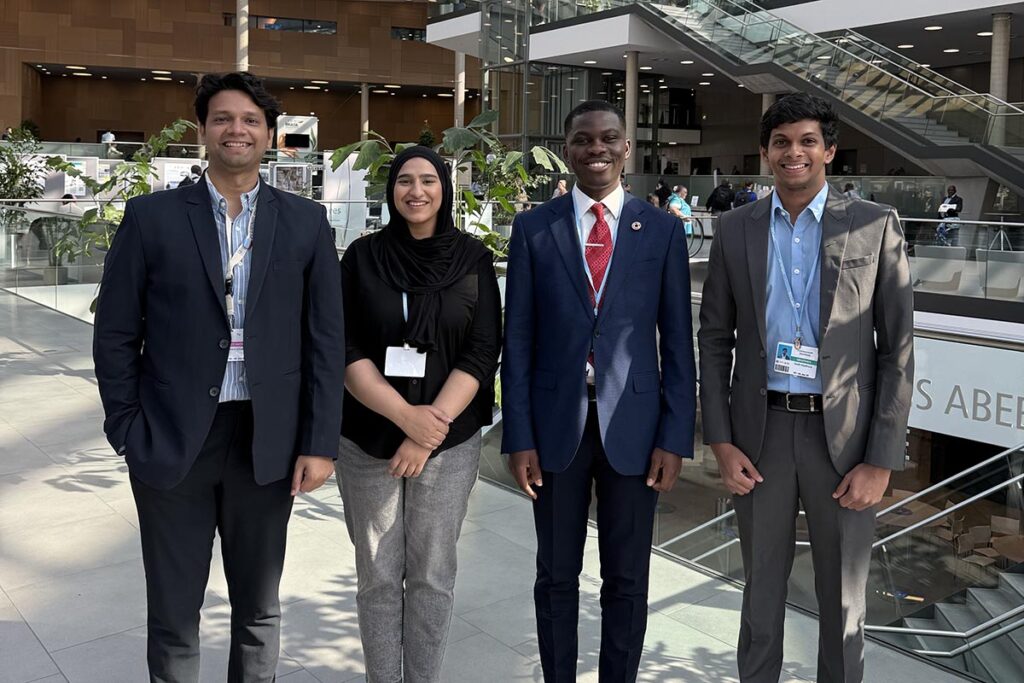
Global Stocktake and Mitigation: Ambition Gap Looms
The SB62 failed to agree on modalities for the UAE Dialogue on implementing Global Stocktake outcomes, stalling efforts to translate COP28’s GST conclusions into action. The ambition gap for 2035 NDCs is a growing concern, only 24 countries have submitted NDCs with 2035 targets, with more needed by September to inform the synthesis report. The Brazilian COP30 presidency faces the task of rallying credible, high-ambition NDCs and unlocking finance to implement them.
On mitigation, discussions under the Mitigation Work Programme (MWP) reflected familiar divides over sovereignty, prescriptiveness, and ambition. A Brazilian proposal for a digital platform to match mitigation projects with finance sparked debate but no agreement.
Just Transition: A Bridge or a Barrier?
The JTWP saw constructive dialogue, culminating in draft conclusions and an informal note that reflected consensus on rights, equity, and participation. Yet unresolved issues around finance, unilateral measures, and energy transition pathways will need political leadership to move beyond gridlock. The JTWP could offer COP30 a tangible deliverable connecting climate action with justice for workers and communities but only if Parties can overcome long-standing tensions.
Nature, Food, and Article 6: Mixed Signals
The Sharm el-Sheikh joint work on agriculture and food security advanced modestly, focusing on enhancing the online portal and synthesis reporting. Informal consultations on climate-biodiversity synergies led to draft conclusions but lacked explicit references to “synergies,” highlighting the gap between ambition and negotiated outcomes.
Article 6 discussions reflected optimism among some Parties and market actors but failed to address concerns about credit quality and accountability. Article 6.8 talks on non-market approaches collapsed without agreement, delaying decisions to COP30.
Gender, Transparency, and Process
Workshops on the Gender Action Plan were forward-looking, but procedural outcomes dominated formal negotiations. The absence of gender among the Brazilian Presidency’s COP30 priorities was noted as a critical gap. On transparency, Parties continued work on biennial transparency reports and updating data interfaces, though key deadlocks persisted on how to reflect differing reporting obligations.
Budget talks led to agreement on a modest 10% increase for the 2026–27 UNFCCC budget, covering 74% of identified needs. The choice of COP31 host remains unresolved, with Australia and Türkiye still vying for the role.
The Road to Belém
SB62 highlighted both the challenges and the promise of the multilateral climate process. The technical groundwork laid in Bonn will mean little without political will to break the deadlocks on finance, adaptation, and ambition. As COP30 approaches, the Brazilian Presidency must galvanize Parties toward concrete commitments that restore trust and deliver results for people and the planet.
Success in Belém will hinge on credible finance pledges, bold action on adaptation and just transition, and genuine partnerships that move beyond words. The choices made in the coming months will shape not just COP30, but the trajectory of global climate action for years to come. The world is watching and time is running out.
